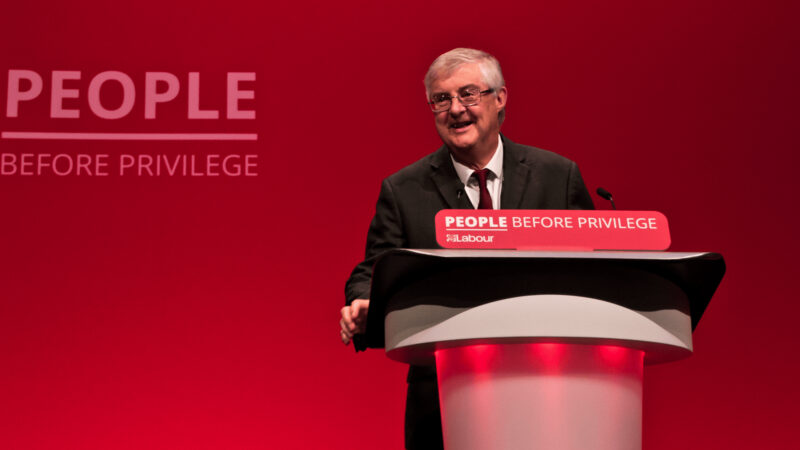
One of the defining characteristics of the last 20 years has been the development of new and dynamic relationships between the Welsh government, employers and trade unions under the umbrella of social partnership. This partnership – and this uniquely Welsh approach – is crucial to the way we work as a government. It is founded on mutual respect among all parties.
We believe that social partnership improves the delivery of public services because we achieve so much more working together than we do by working alone. Social partnership is not easy. It requires time, effort and understanding from all. But working in this way has led to real benefits and real changes to workers and workplaces in Wales.
Our ability to navigate the global crisis of 2008, and to weather the decade of austerity, has been helped by social partnership and the recognition that meaningful tripartite involvement is fundamental to delivering progressive outcomes and preventing conflict and dispute. From restoring sectoral bargaining via the agricultural advisory panel, to introducing the code of practice on ethical employment in the supply chain and abolishing zero-hours contracts in the care sector, we have worked creatively to deliver more protection and a greater voice for working people in Wales.
We have condemned the practice of blacklisting and other anti-union practices, and by working alongside the trade union and labour movement, we have taken a lead in the UK, promoting the importance of job security, decent pay and working conditions. We have used our law-making powers to over-turn the Tories’ divisive and damaging anti-trade union legislation. I was proud to be the minister who took our landmark Trade Union (Wales) Act through our Senedd, rolling back the cruel and oppressive legislation the Tories designed to strip away the rights of public sector workers.
Social partnership is the strongest argument we have to demonstrate to people and communities what we can achieve together in Wales now and in the future. When I ran to be the leader of Welsh Labour, I promised to develop a social partnership bill and work to place social partnership on the statute book. The bill will establish a new legal framework to enable us to use public procurement in the Welsh government and the public sector to achieve better socio-economic outcomes and ethical employment practices. Companies receiving public money will need to show they are ethical and socially responsible.
The bill builds on our economic contract, which is based on the principle of public investment with a social purpose. All businesses seeking Welsh government support must commit to growth, fair work, reducing their carbon footprint and promoting health and learning in the workplace. Every business securing support during the coronavirus pandemic has been asked to sign up to these principles.
We are also committed to making Wales a Fair Work Nation. We will raise the quality of fair work that is available across Wales. We have used our social partnership structures to set up a Fair Work Commission, which has set out a blueprint for how we can use our spending and procurement levers to drive up the quality and availability of fair work.
Social partnership is the opposite of the confrontational approaches preferred by the Conservative Party whenever and wherever they are in government. To succeed in making working life fairer, it requires all partners to be focused on innovation and negotiation. It puts trust, engagement and dialogue at the heart of problem-solving – a way in which the problems that face us all are best addressed. It is a way of working rooted in the long collective and co-operative history of Wales and the history we have written here in the far shorter era of devolution.




More from LabourList
‘Unity or division’: Starmer’s message to voters in Gorton and Denton
Almost half of Labour members oppose plans to restrict jury trials, poll finds
‘How Labour can finally fix Britain’s 5G problem’